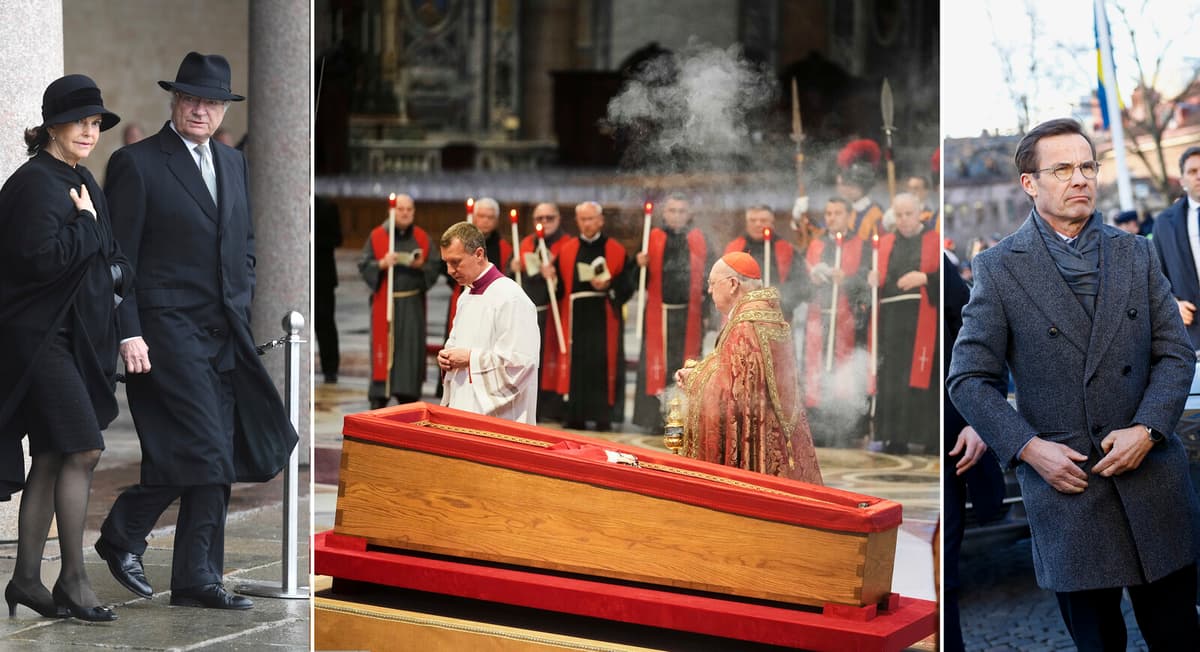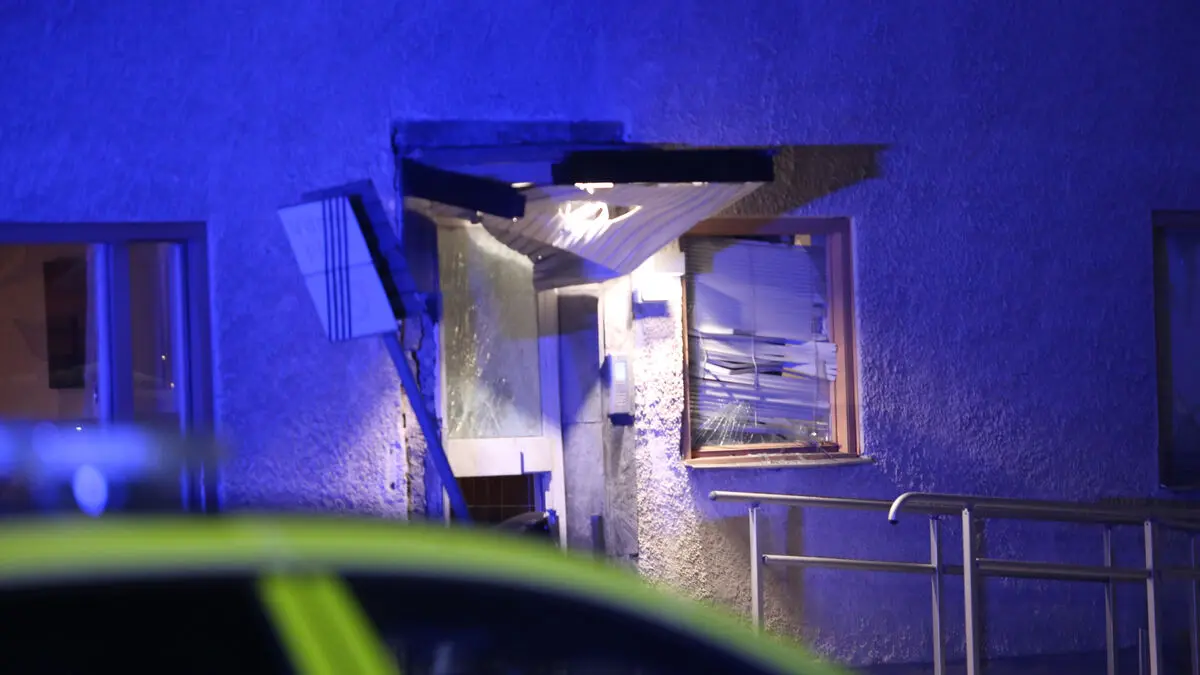The funeral ceremony will take place in St. Peter's Church in Rome. After the ceremony on St. Peter's Square, which begins at 10 am, Pope Francis' coffin will be taken into St. Peter's Church.
It's a very big event in many ways, especially for nearly one and a half billion Catholics around the world, so it's an incredibly important leader who has left us. A moral figure who has very often emphasized the importance of human dignity, helping the poor and standing up for important values, says Ulf Kristersson.
Several leaders will participate
Then the coffin will be transported to the church of Santa Maria Maggiore in Rome, the place where the Pope wanted to be buried.
A large number of heads of state and government, as well as several royal families, have previously announced that they will participate in the funeral ceremony. Among others, the US President couple Donald and Melania Trump, Ukraine's President Volodymyr Zelenskyj, and France's President Emmanuel Macron. Spain's King Felipe and Queen Letizia, as well as Britain's Prince William, "on behalf" of King Charles, will also attend.
"Natural"
Kristersson is investigating whether it may be possible to hold other meetings in connection with the funeral. He also says that people in Sweden may have very different relationships with the Pope.
Most people in Sweden are not Catholics, although 130,000 people in Sweden are Catholics, so it's natural to be there and honor him.
One who has already experienced a papal funeral on site was then-Prime Minister Göran Persson, who attended in 2005 when John Paul II was laid to rest.
We follow the line laid down, and besides, I think it's an event of historical significance and importance, and also a person who deserves respect and appreciation by participating on site, said Persson then.
Catholics see the Pope as the head of the Church and at the same time as Jesus' representative on earth.
Pope Francis was born as Jorge Mario Bergoglio on December 17, 1936, in Buenos Aires. His parents were Italian immigrants. Bergoglio studied chemistry and also read literature and psychology.
He was ordained as a Jesuit priest in 1969 and later became Archbishop of Buenos Aires before being elected Pope on March 13, 2013.
He took the name Francis after the saint Francis of Assisi. The latter was an Italian friar and founder of the Franciscan Order, who, among other things, devoted himself to caring for lepers and the poor, and reformed the Church. He also received a call to live without possessions and without a fixed abode.
The Pope died on April 21, 2025, due to a stroke that led to coma and heart failure.
Sources: The Catholic Church and National Encyclopedia






